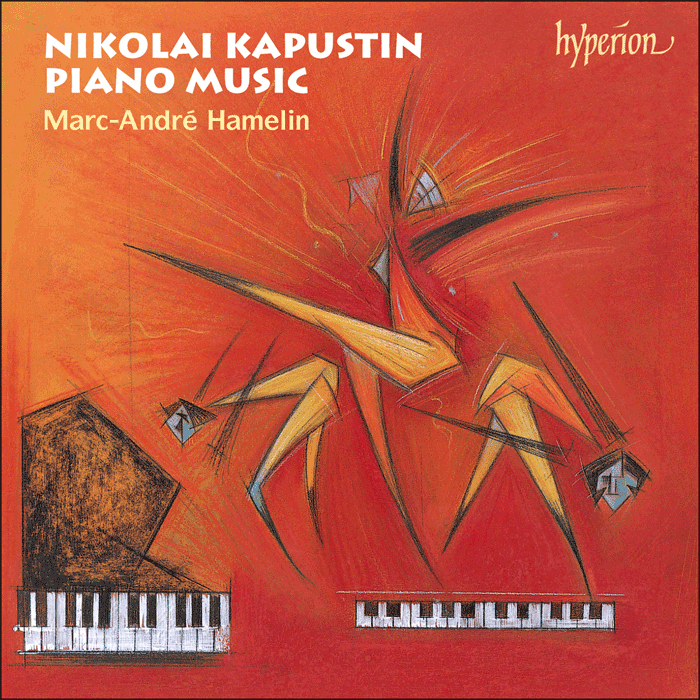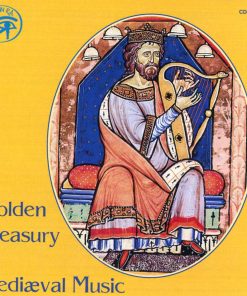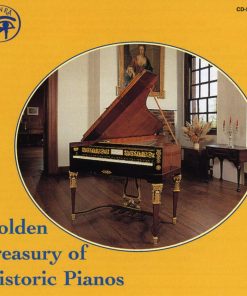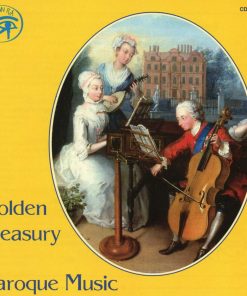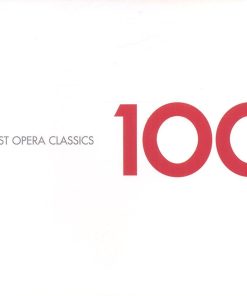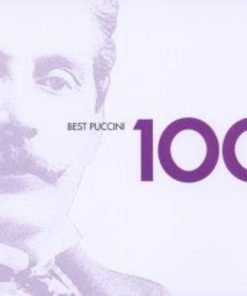KAPUSTIN: PIANO MUSIC – MARC-ANDRE HAMELIN Hyperion
$ 20,99 $ 12,59

1
Variations Op 41[6’58]
Eight Concert Études Op 40[22’17]
2
Prelude: Allegro assai[1’59]
3
Dream: Moderato[3’13]
4
Toccatina: Allegro[2’06]
5
Reminiscence: Larghetto[4’29]
6
Shuitka: Vivace[2’17]
7
Pastoral: Allegro moderato[2’25]
8
Intermezzo: Allegretto[3’18]
9
Final: Prestissimo[2’30]
Bagatelles Op 59
10
No 9[1’53]
Suite in the Old Style Op 28[13’43]
11
Allemande[2’28]
12
Gavotte I – Gavotte II[3’08]
13
Sarabande[4’57]
14
Bourrée I – Bourrée II[1’46]
15
Gigue[1’24]
Piano Sonata No 6 Op 62[13’15]
16
Allegro ma non troppo[6’09]
17
Grave[4’36]
18
Vivace[2’30]
19
Sonatina Op 100[3’28]
Five Études in Different Intervals Op 68[15’22]
20
Allegro: Étude in minor seconds[2’58]
21
Allegro: Étude in fourths and fifths[2’51]
22
Animato: Étude in thirds and sixths[2’42]
23
Vivace: Étude in major seconds[2’51]
24
Animato: Étude in octaves[4’00]

Here is a disc to set the pulse racing. Nikolai Kapustin is a Russian composer who writes jazz piano music teeming with energetic spontaneity and bristling with the kind of creative immediacy one associates with improvisation (although the music is fully and meticulously written out). Kapustin is already known to the Hyperion catalogue through Steven Osborne’s trail-blazing recording of the first two Piano Sonatas and the Preludes in Jazz Style, and Marc-André Hamelin is another pianist who has for years played his music in concert. Hamelin’s legendary technical prowess and his exceptional affinity with jazz fuse to create one of the most sparkling, infectiously foot-tapping piano discs you could wish to hear.
In a recital spanning various traditional instrumental genres, Marc-André Hamelin includes two sets of studies. In terms of their stylistic breadth, formidable technical challenges and audacious invention, the Eight Concert Études (1984) hold their own against the celebrated benchmarks in the genre, from Liszt and Lyapunov to Godowsky’s re-worked Chopin. The Five Études in Different Intervals (1992) begins with a madcap study in minor seconds recalling the bouncy demeanor of Zez Confrey’s Kitten on the Keys (although here someone has dosed poor kitty with Grade A Catnip!), and ends with an octave study to end all octave studies. Throughout, Kapustin’s bottomless well of thematic resoursefulness works overtime.
A disc to dazzle your friends with – and play “guess the composer!“
Fast Shipping and Professional Packing
Due to our longstanding partnership with UPS FedEx DHL and other leading international carriers, we are able to provide a range of shipping options. Our warehouse staff are highly trained to pack your goods exactly according to the specifications that we supply. Your goods will undergo a thorough examination and will be safely packaged prior to being sent out. Everyday we deliver hundreds of packages to our customers from all over the world. This is an indication of our dedication to being the largest online retailer worldwide. Warehouses and distribution centers can be located in Europe as well as the USA.
Orders with more than 1 item are assigned processing periods for each item.
Before shipment, all ordered products will be thoroughly inspected. Today, most orders will be shipped within 48 hours. The estimated delivery time is between 3-7 days.
Returns
The stock is constantly changing. It's not entirely managed by us since we are involved with multiple parties such as the factory and our storage. The actual stock can fluctuate at any time. Please understand it may happen that your order will be out of stock when the order is placed.
Our policy is valid for 30 days. If you haven't received your product within 30 days, we're not able to issue either a return or exchange.
You are able to return a product if it is unused and in the same condition when you received it. It must also still remain in the original packaging.
Related products
MUSIC CDS
MUSIC CDS
MUSIC CDS
MUSIC CDS
MUSIC CDS
MUSIC CDS
MUSIC CDS
